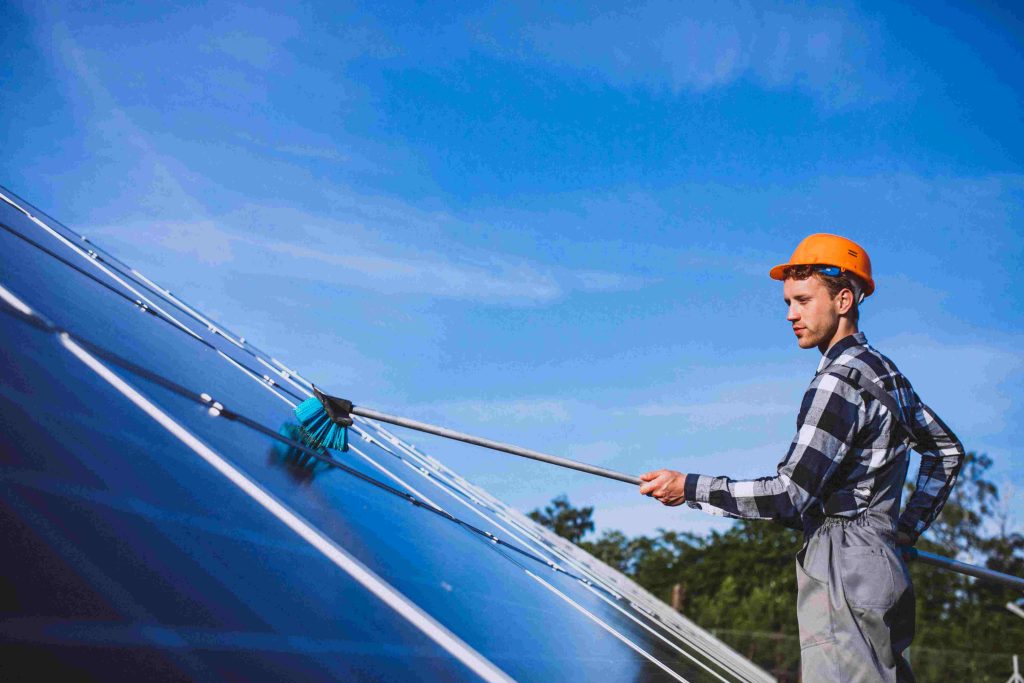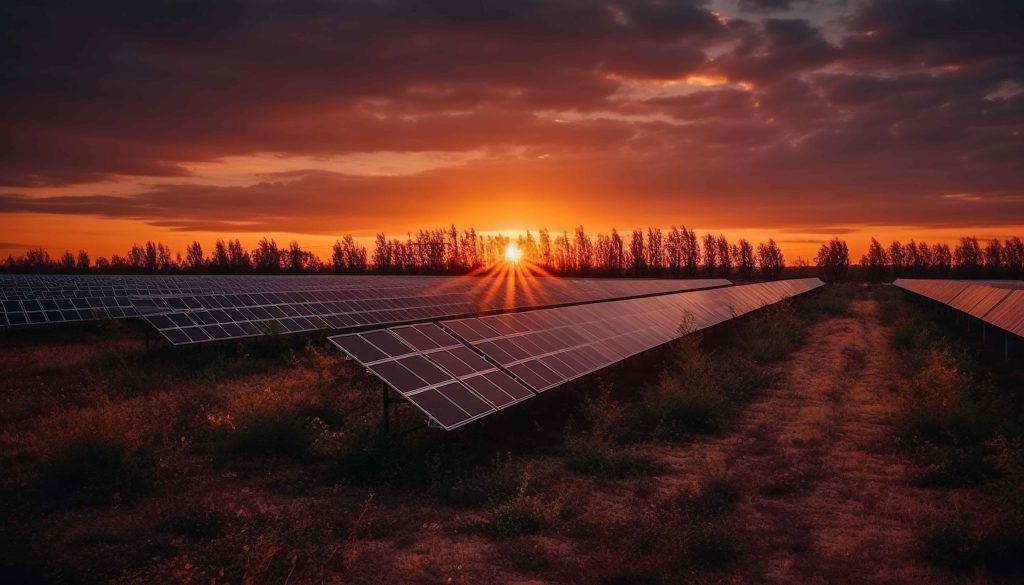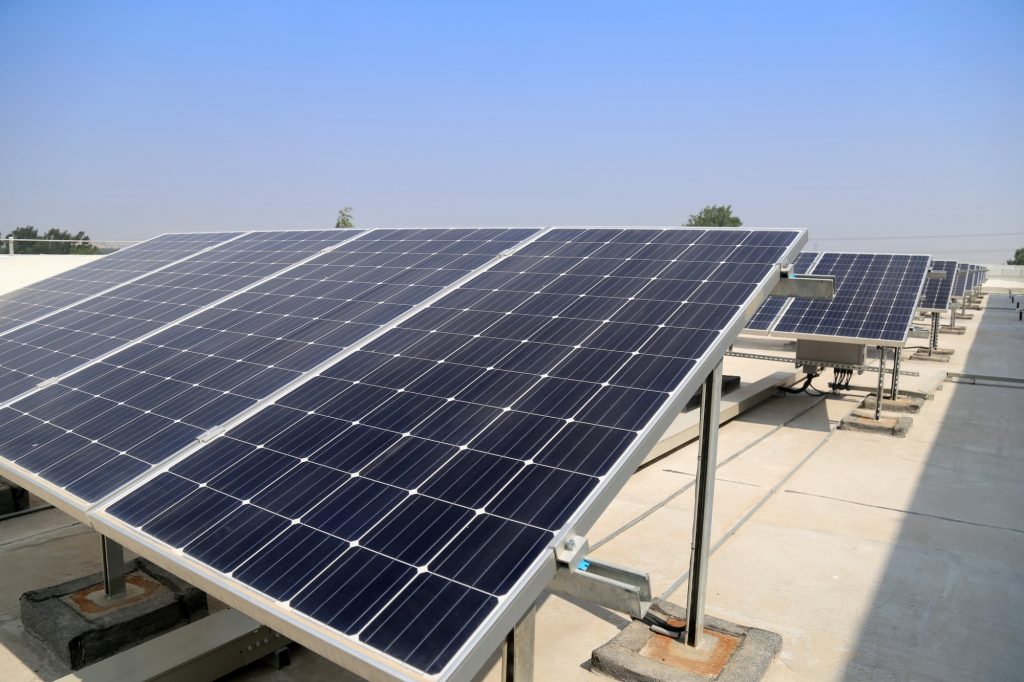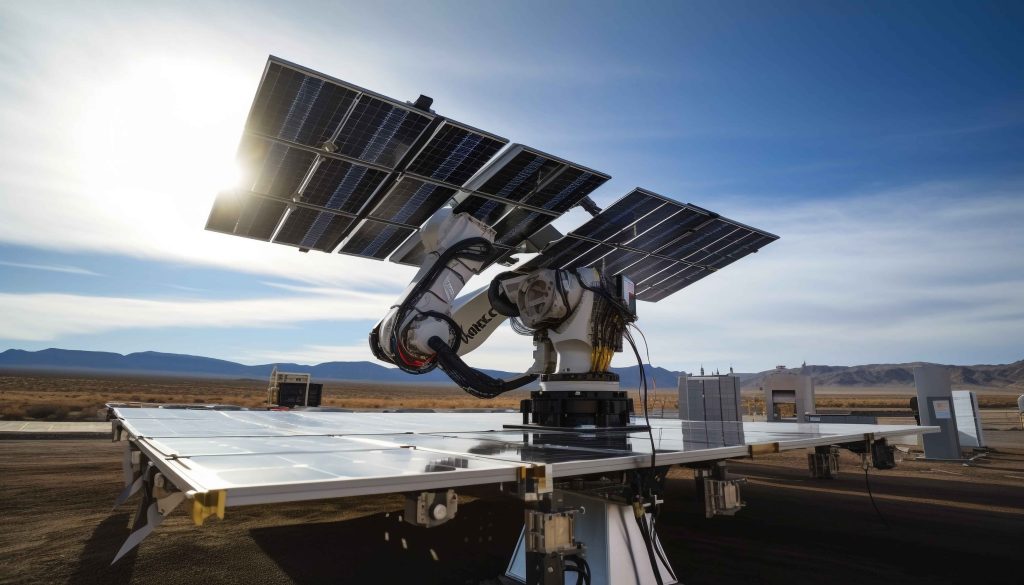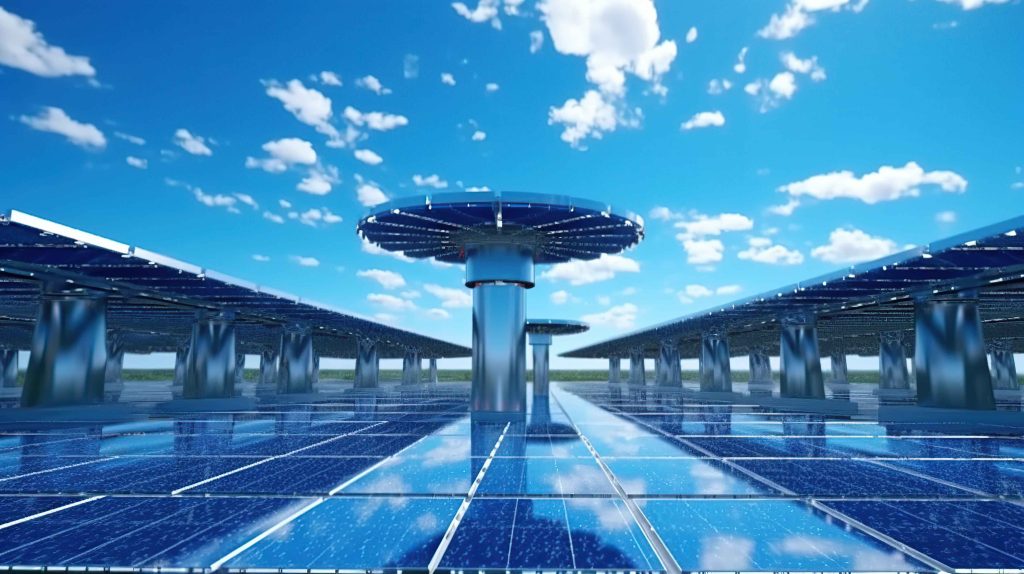How to Choose the Best Solar Panel Cleaner for Your System
Solar panels are a great way to save on energy costs and reduce your carbon footprint. However, like any other equipment, they require regular maintenance to perform at their best. Dust, bird droppings, and grime can accumulate on the surface, reducing efficiency. This is why selecting the best solar panel cleaner tools and solutions is so important. In this blog, we’ll guide you on how to choose the best cleaners for your system, highlight some maintenance tips for solar panels, and discuss eco-friendly solar panel cleaners that won’t harm the environment. Why It’s Important to Clean Solar Panels Solar panels generate electricity by capturing sunlight. If dirt or debris covers them, it blocks sunlight and lowers their efficiency. Regular cleaning helps your panels work better and last longer. If you ignore maintenance, you may face reduced performance and expensive repairs later. Tools for Cleaning Solar Panels Using the right tools is important to clean your solar panels safely. Here are some common tools you might use: Soft-Bristled Brushes These brushes are perfect for getting rid of loose dirt and dust without scratching the panels. Choose brushes with gentle, non-abrasive bristles. Water-fed Pole Systems These systems allow you to clean without climbing on your roof. They have extendable poles with a brush and a water supply for rinsing. Microfiber Cloths Microfiber cloths are excellent for wiping down the panels after washing. They are gentle and help eliminate streaks for a clean look. Squeegees A squeegee helps remove extra water after cleaning, preventing water spots and ensuring your panels are spotless. Specialized Solar Panel Cleaning Kits These kits usually come with tools like brushes, sponges, and hoses made specifically for solar panels, making them a handy choice for homeowners. Choosing the Best Cleaning Solutions for Solar Panels While tools are important, the cleaning solution you use is equally critical. Some solutions can damage the panel’s surface or leave residues that affect performance. Here are some recommendations for choosing the best cleaning solutions for solar panels: Gentle Soap and Water A blend of gentle soap and water is usually sufficient for basic cleaning. Steer clear of strong chemicals that could damage the surface or harm the environment. Green Solar Panel Cleaners Green solar panel cleaners are designed to clean without harming the environment. They are biodegradable and do not contain harmful chemicals. Purified Water Purified water is an excellent cleaning option as it leaves no mineral deposits or water spots on the panels. It is also eco-friendly and safe to use. Specialized Cleaning Products There are products made specifically for cleaning solar panels. Choose those labeled as safe for solar equipment and ensure they are environmentally friendly. How to Clean Solar Panels Efficiently Cleaning solar panels doesn’t have to be a daunting task. Follow these steps to ensure you clean them efficiently: Step 1: Power Down the System Always turn off your solar panel system first to prevent any accidents. Step 2: Wash with Water Use a hose to wash away loose dirt and debris. This helps make cleaning easier and protects the surface. Step 3: Use a Cleaning Solution Apply a gentle cleaning solution or an eco-friendly solar panel cleaner with a soft brush or sponge. Be gentle to avoid harming the panels. Step 4: Rinse Again Thoroughly rinse the panels with clean water to get rid of any soap or leftover residue. Step 5: Dry the Panels Use a squeegee or microfiber cloth to dry the panels. This prevents water spots and gives a clear finish. Step 6: Check the Panels After cleaning, check the panels for any damage or stubborn stains. Fix any problems quickly to keep them working well. Maintenance Tips for Solar Panels Cleaning is just one aspect of maintenance. Here are some additional maintenance tips for solar panels to keep your system in top shape: Regular Checks Look at your solar panels every few months for dirt, cracks, or any damage. Finding issues early can help you avoid expensive repairs. Trim Nearby Trees Branches that hang over can drop leaves and debris on your panels. Cutting back trees around your system will reduce the need for cleaning. Clean After Rain or Storms Rain can leave dirt and minerals on your panels. Cleaning them after bad weather helps keep them working well. Hire Professionals for Cleaning If your panels are hard to reach or have tough stains, think about hiring experts who know how to clean solar panels. They have special tools and methods for a complete clean. Track Performance Use your solar monitoring app to watch how your system is performing. A sudden drop in energy output might mean your panels are dirty or damaged. Why Use Eco-Friendly Solar Panel Cleaners? Switching to eco-friendly solar panel cleaners is not just good for the environment—it’s also better for your panels. Here’s why: Biodegradable Ingredients: These cleaners break down naturally, reducing environmental impact. Non-Toxic Formulas: They are safe for plants, animals, and humans. No Residue: Eco-friendly solutions often leave no harmful residue, ensuring optimal solar absorption. Longevity: They protect the panels’ surface, helping them last longer. By choosing an eco-friendly option, you contribute to sustainability while maintaining your solar panels. Conclusion Choosing the best solar panel cleaner for your system involves selecting the right tools, using appropriate solutions, and following efficient cleaning methods. With the right solar panel cleaning tools and eco-friendly solar panel cleaners, you can keep your panels in top condition while protecting the environment. Additionally, incorporating these maintenance tips for solar panels will help you get the most out of your investment. By keeping your solar panels clean and well-maintained, you ensure they perform at their best, saving you money and contributing to a greener planet. So, start implementing these tips today and enjoy the benefits of clean, efficient solar energy!

